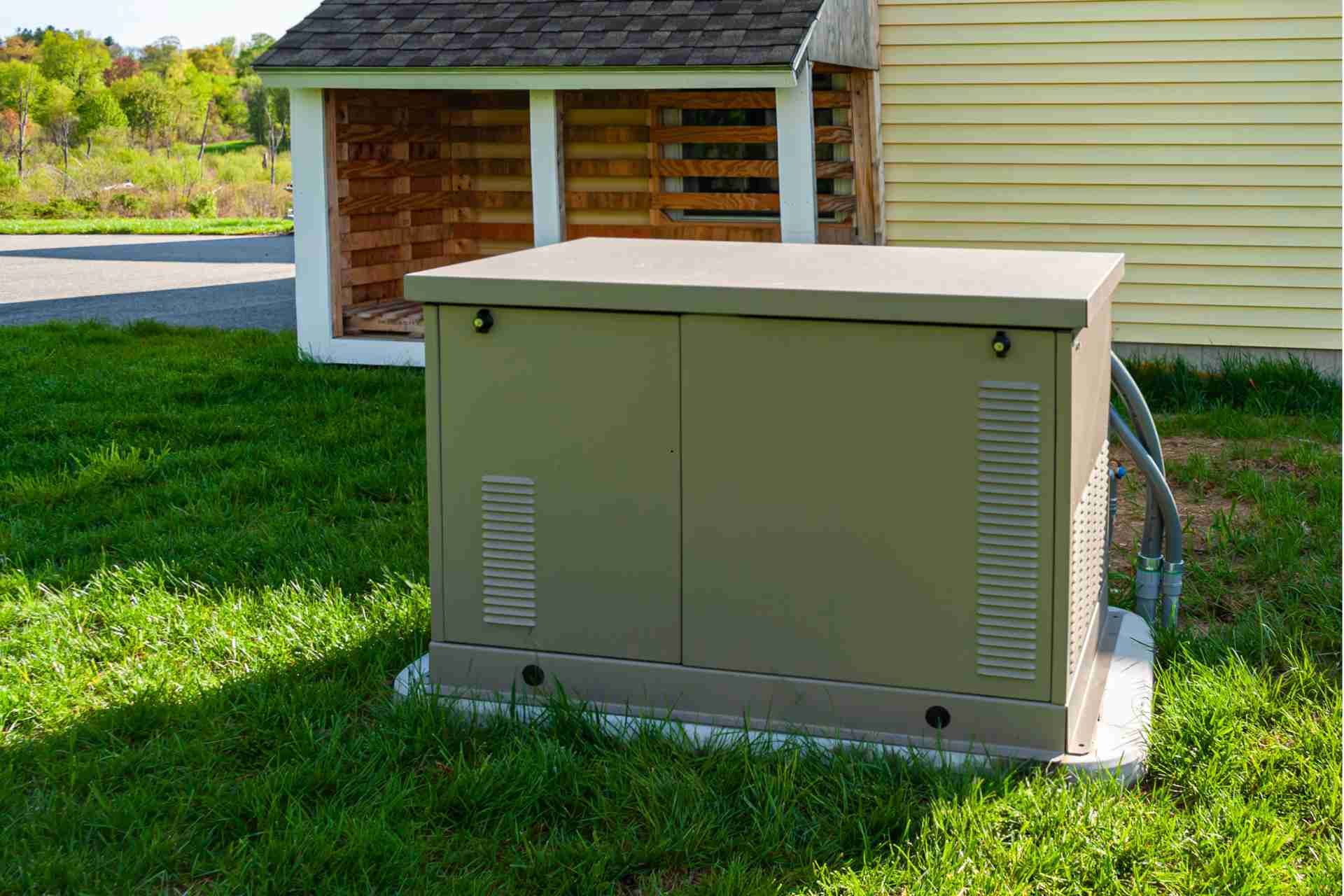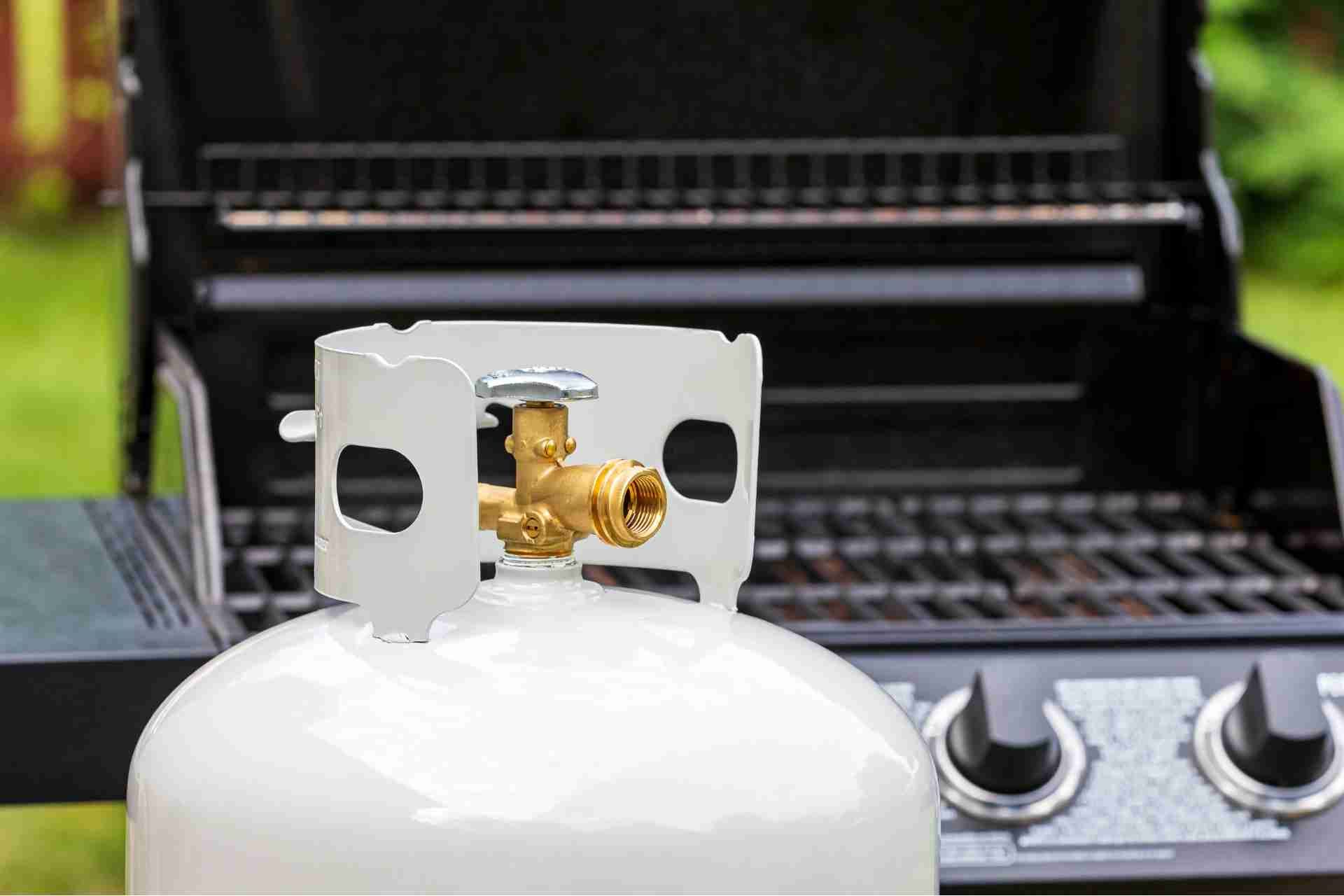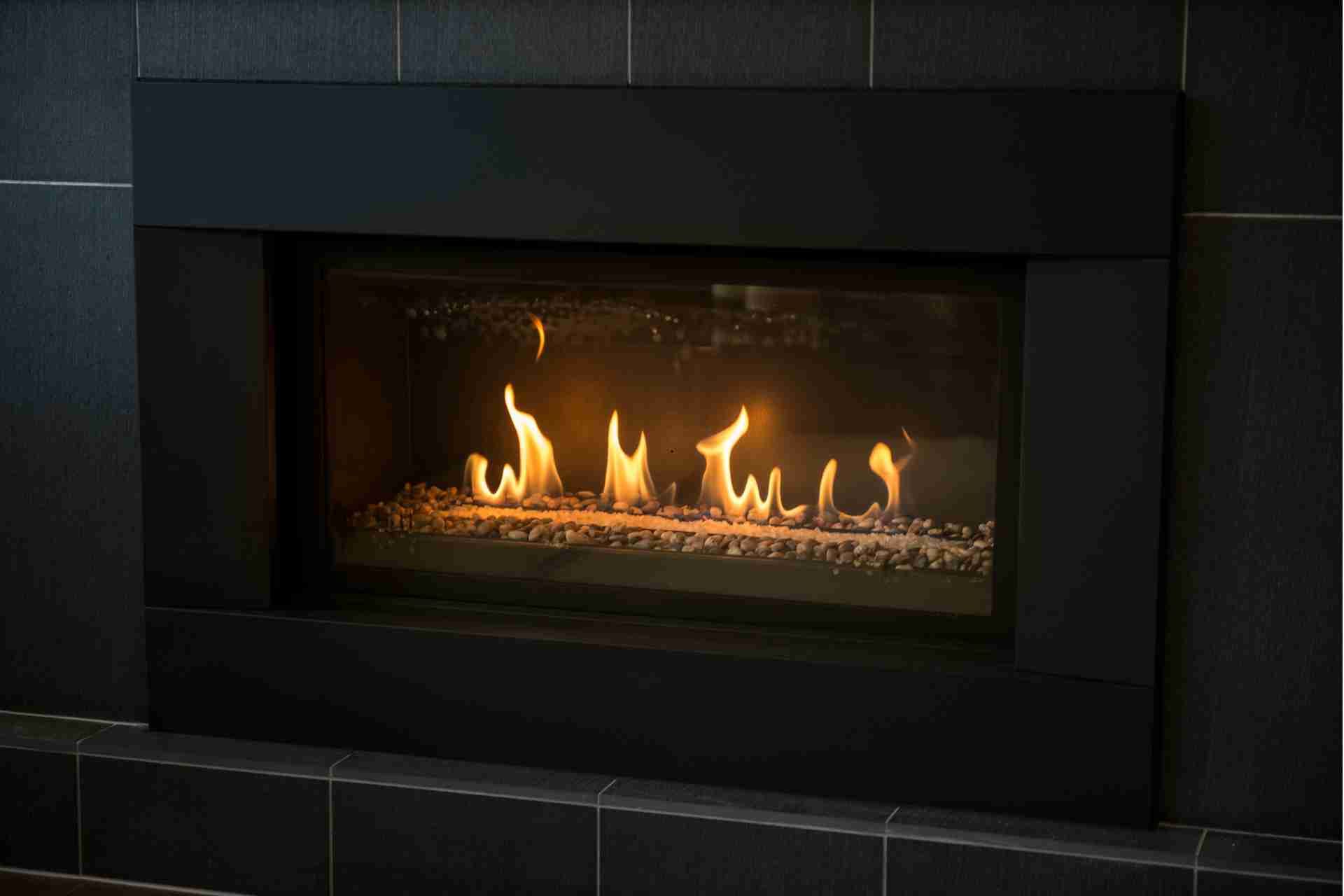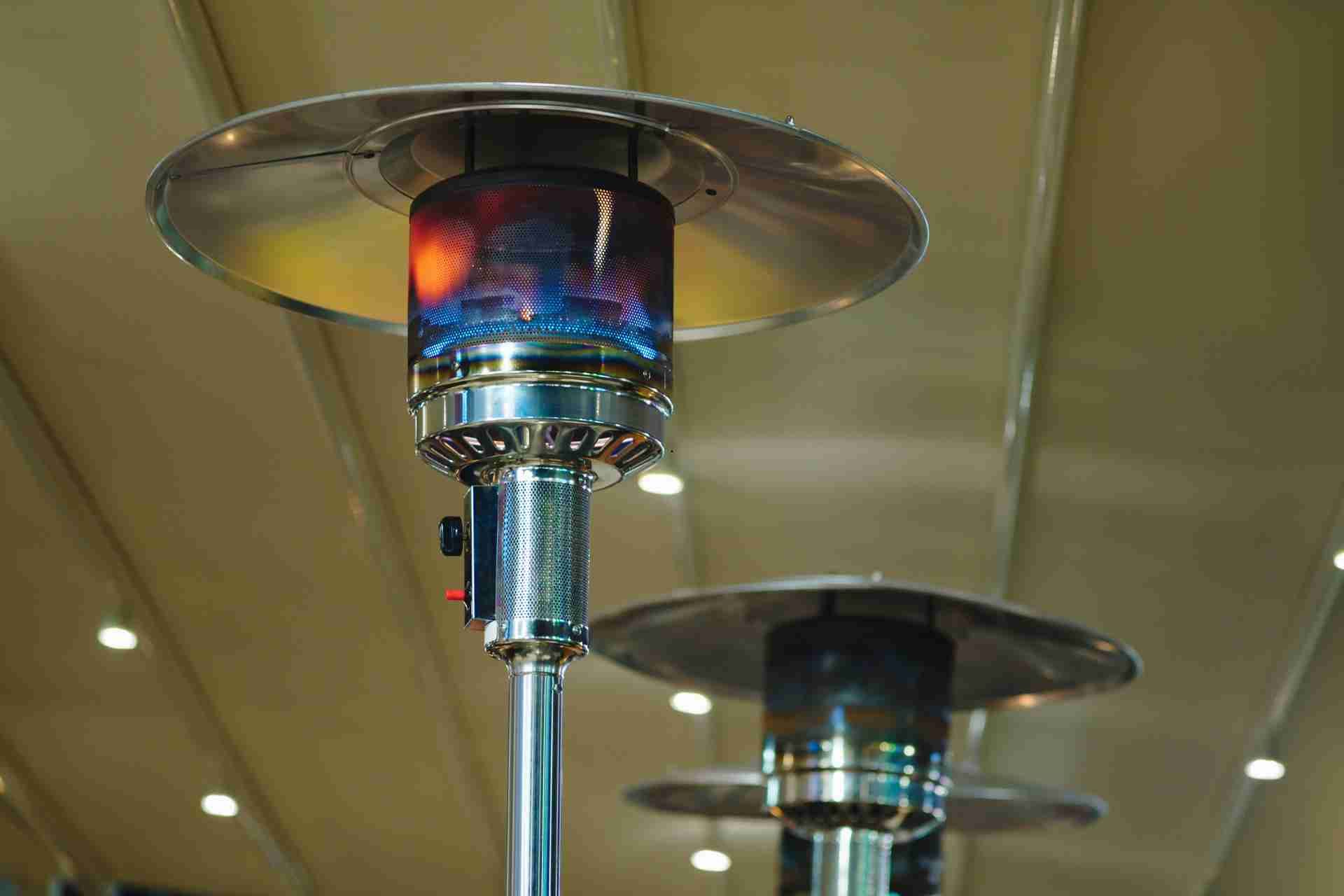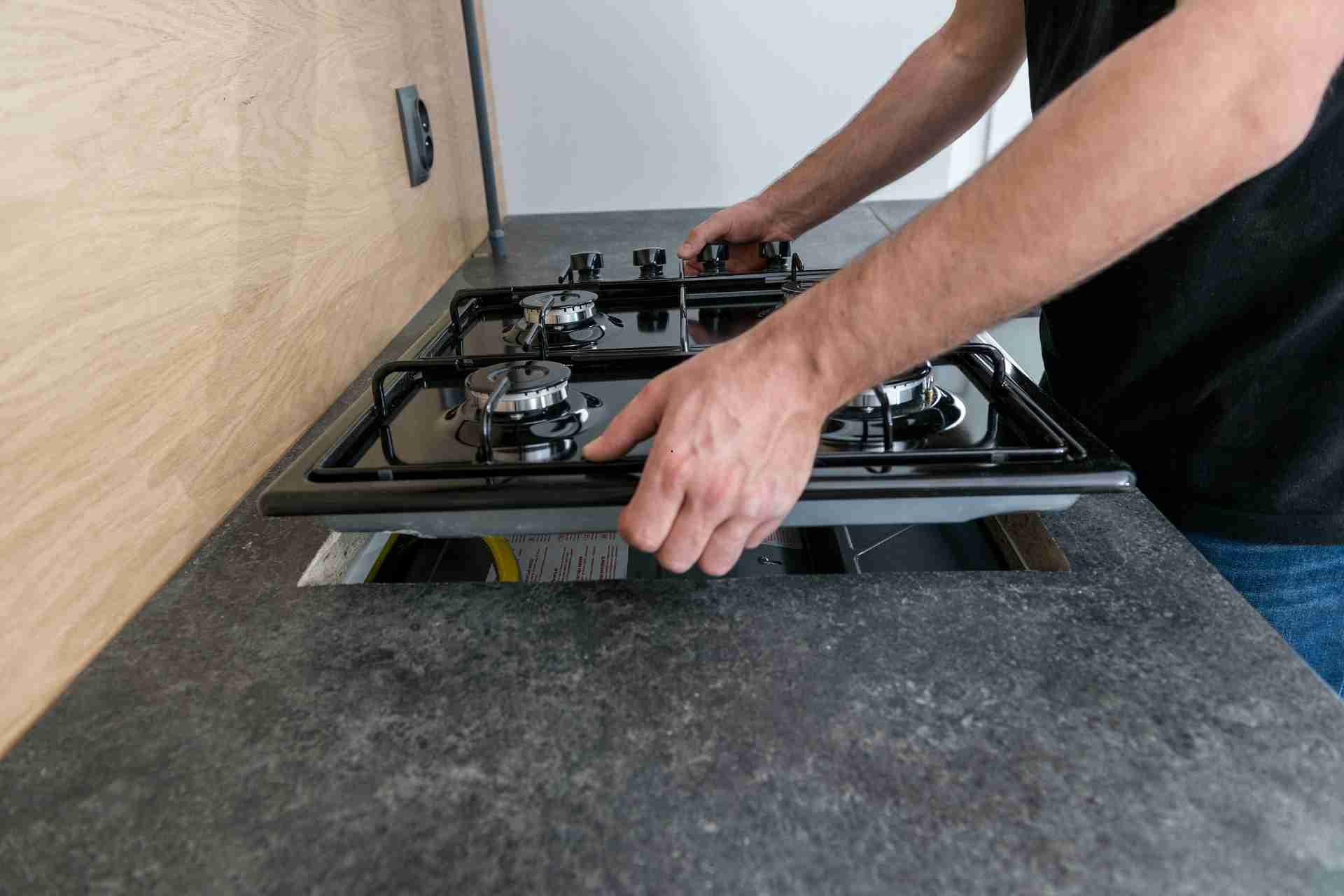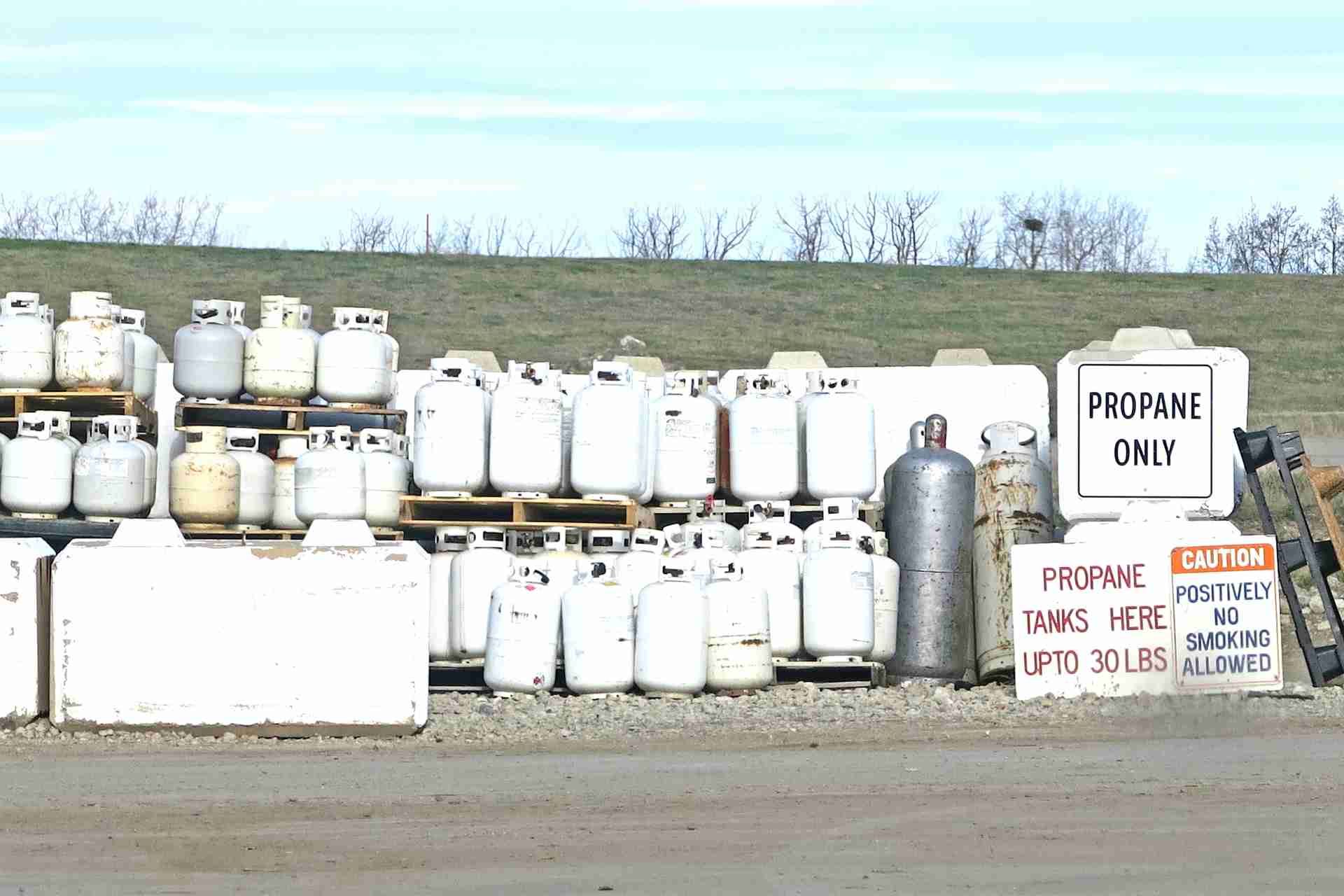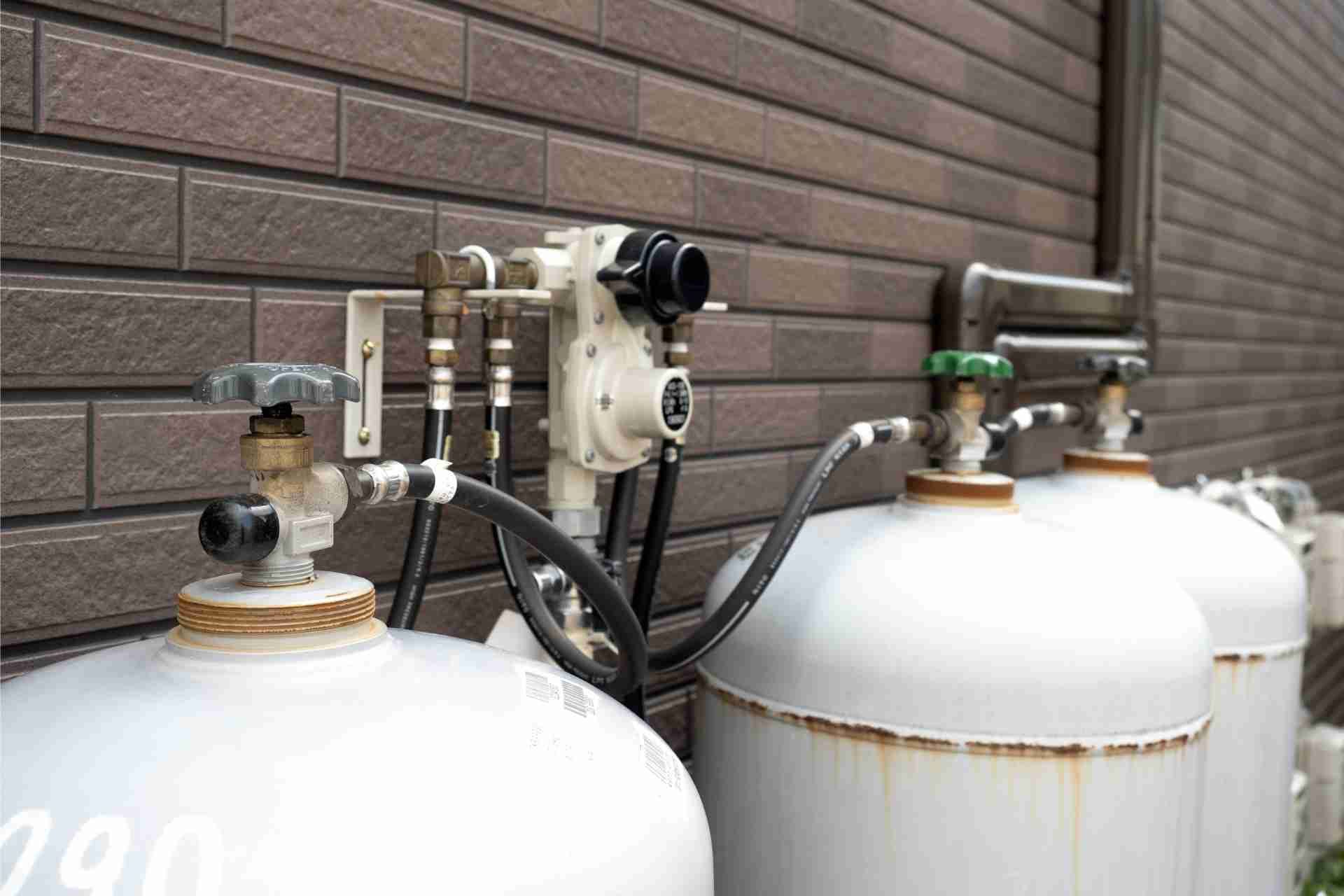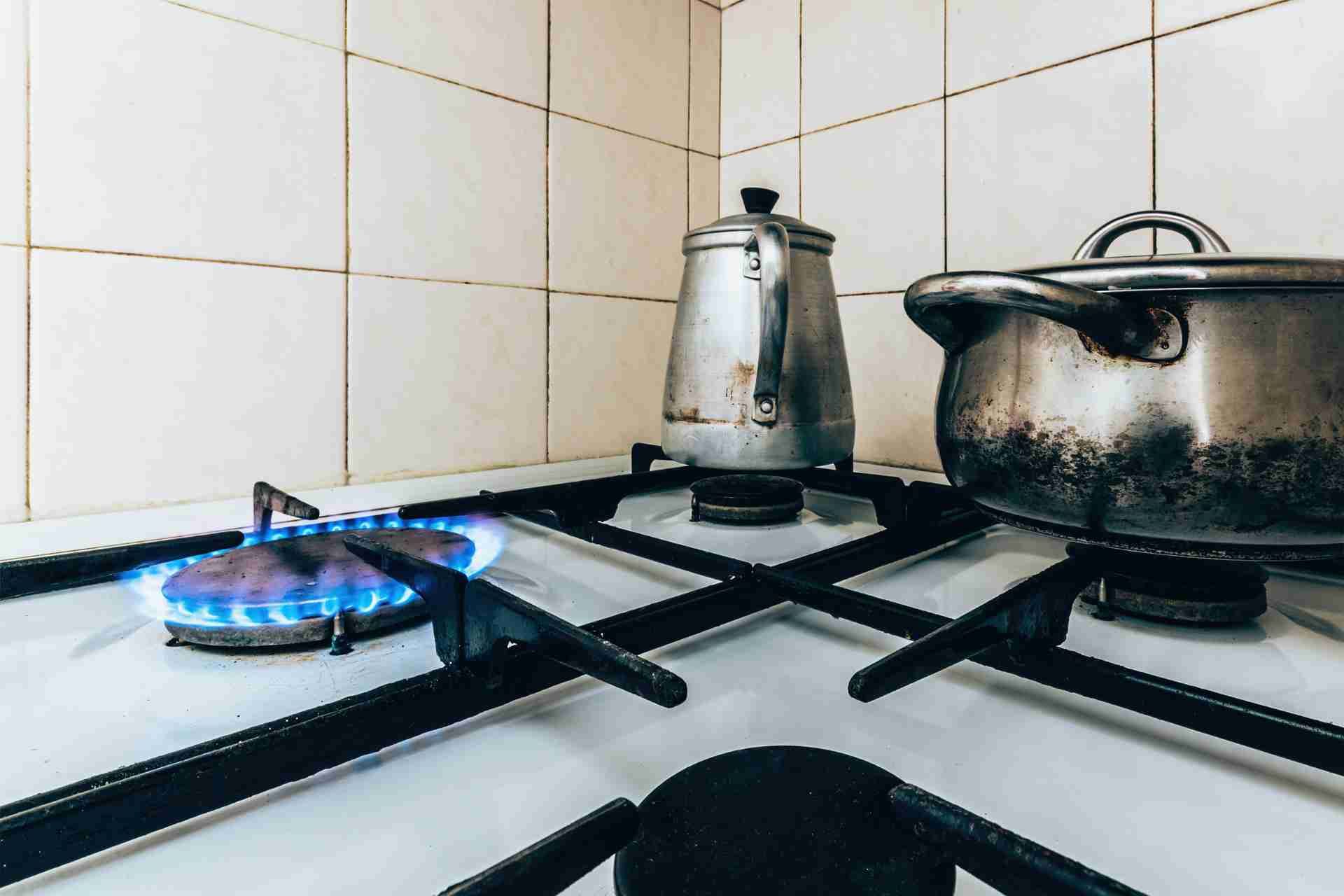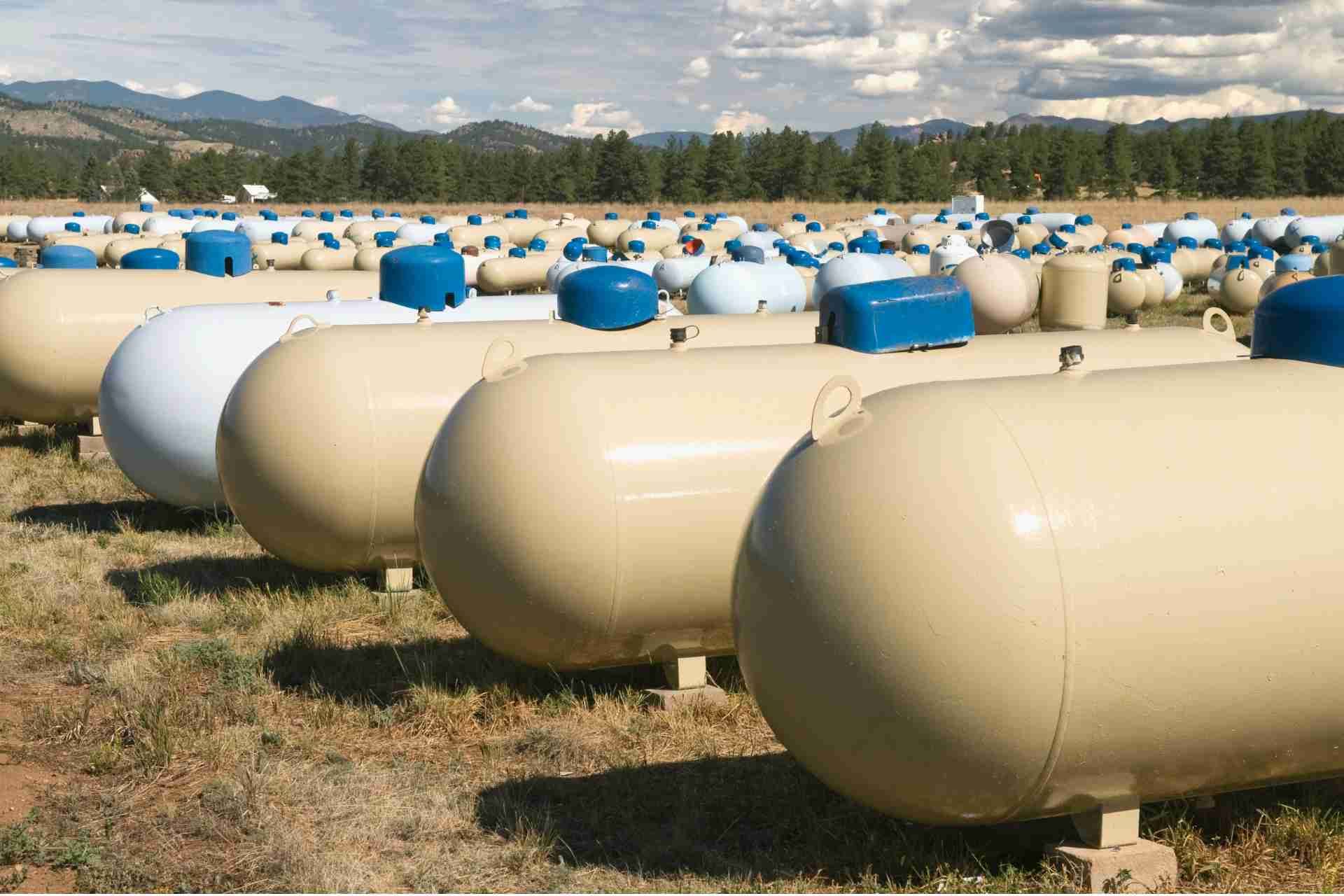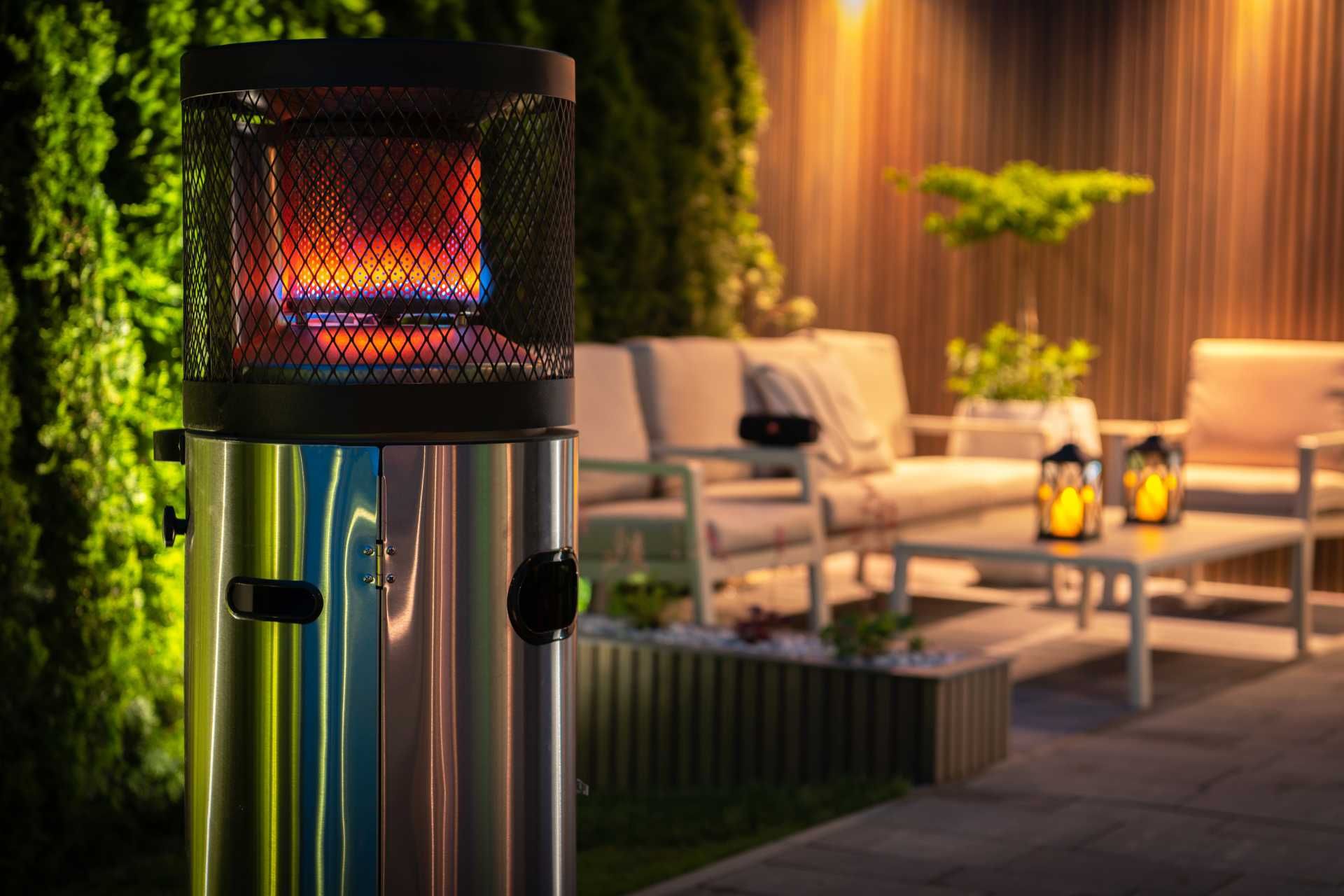Propane vs Diesel Generator: What to Choose for Your Business
Imagine your business humming along smoothly even during a power outage, the hum of a generator in the background ensuring your operations continue seamlessly. But the question lingers: propane vs diesel generator?
When it comes to choosing a generator for your business, there are many factors to consider. One of the most important decisions you will need to make is whether to go with a propane or diesel generator. Both types of generators have their own set of pros and cons, so it's important to weigh them carefully before making a decision.
As you weigh these factors, remember that the choice you make can significantly impact your business's efficiency and bottom line.
So, which fuel source will best power your business forward?

Propane Generator
Propane generators have become increasingly popular as a reliable source of backup power during emergencies or outage situations. They offer several advantages over traditional gasoline or diesel-powered generators, but also come with their own set of drawbacks.
Pros:
1. Cleaner burning fuel: Propane is a cleaner burning fuel compared to gasoline or diesel, which means it produces fewer emissions and is better for the environment. This can be especially important for those who are concerned about air quality and reducing their carbon footprint.
2. Longer shelf life: Propane has a virtually unlimited shelf life, unlike gasoline or diesel which can degrade over time. This means you can store propane for long periods without worrying about it going bad, making it a reliable fuel source for emergencies.
3. Cost-effective: Propane is often cheaper than gasoline or diesel, especially in regions where it is readily available. This can result in cost savings over time, particularly if you use your generator frequently.
4. Quieter operation: Propane generators tend to operate more quietly than gasoline or diesel generators, making them a better option for residential areas where noise pollution is a concern.
Cons:
1. Limited fuel availability: Propane may not be as readily available as gasoline or diesel, especially in rural or remote areas. This can make it more challenging to refuel your generator during an emergency situation.
2. Lower power output: Propane generators typically have a lower power output compared to gasoline or diesel generators of the same size. This may limit their ability to power larger appliances or equipment during a blackout.
3. Initial cost: Propane generators tend to be more expensive upfront compared to gasoline or diesel generators. While they may offer cost savings in the long run, the initial investment can be a deterrent for some consumers.
4. Maintenance requirements: Propane generators require regular maintenance to ensure they operate efficiently and safely. This can include checking the fuel lines, valves, and filters, as well as scheduling regular tune-ups by a professional.
Diesel Generator
When it comes to choosing a backup power source for your home or business, diesel generators are often a popular choice. They have been used for decades to provide reliable power during outages and can be a cost-effective option for many. However, like any technology, there are both pros and cons to using diesel generators.
Pros:
1. Reliability: Diesel generators are known for their reliability and durability. They are designed to run for long periods of time without overheating or failing, making them a dependable source of backup power.
2. Fuel efficiency: Diesel generators are more fuel-efficient than gasoline generators, meaning you can get more power for less fuel. This can lead to cost savings over time, especially during extended power outages.
3. Longer lifespan: Diesel generators typically have a longer lifespan than other types of generators, making them a good investment for the long term.
4. Power output: Diesel generators are capable of producing more power than other types of generators, making them a good choice for businesses or homes with high energy demands.
Cons:
1. Noise: Diesel generators can be loud when running, which can be a drawback for residential areas or businesses with noise restrictions.
2. Maintenance: Diesel generators require regular maintenance to ensure they continue to run efficiently. This can include changing filters, oil, and other parts on a regular basis.
3. Initial cost: Diesel generators can be more expensive to purchase initially compared to other types of generators. However, they may provide cost savings over time due to their fuel efficiency.
4. Environmental impact: Diesel generators produce more emissions than other types of generators, which can have a negative impact on air quality. This may be a concern for environmentally-conscious individuals or businesses.
Comparison Between Propane vs Diesel Generator
Fuel Efficiency
Propane generators are typically more fuel-efficient than diesel generators. Propane burns cleaner and produces fewer emissions, resulting in better fuel efficiency. This means that you will need less propane to generate the same amount of electricity compared to a diesel generator, saving you money in the long run.
Cost
Propane generators are generally more expensive upfront compared to diesel generators. However, the cost of propane fuel is usually cheaper than diesel, making it more cost-effective over time. Diesel fuel prices tend to fluctuate more than propane, so it's important to consider the long-term cost of fuel when choosing a generator.
Maintenance
Propane generators require less maintenance compared to diesel generators. Propane burns cleaner, resulting in less carbon buildup on the engine and fewer maintenance issues. Diesel generators, on the other hand, require more frequent maintenance to keep them in good working condition.
Power Output
Diesel generators typically have a higher power output compared to propane generators. If you need to power large appliances or machinery, a diesel generator may be a better option. Propane generators are better suited for smaller homes or businesses with lower power needs.
Environmental Impact
Propane is a cleaner-burning fuel compared to diesel, producing fewer emissions and pollutants. If environmental impact is a concern for you, a propane generator may be the better choice. However, diesel generators are known for their durability and reliability, so it's important to weigh the environmental impact against the performance of the generator.
Which one you should Choose between Propane vs Diesel Generator
The choice between a propane and diesel generator will depend on your specific needs and preferences. If you prioritize portability, cost-effectiveness, and ease of maintenance, a propane generator may be the best option for you. On the other hand, if you value reliability, efficiency, and long-term stability, a diesel generator may be the better choice.

